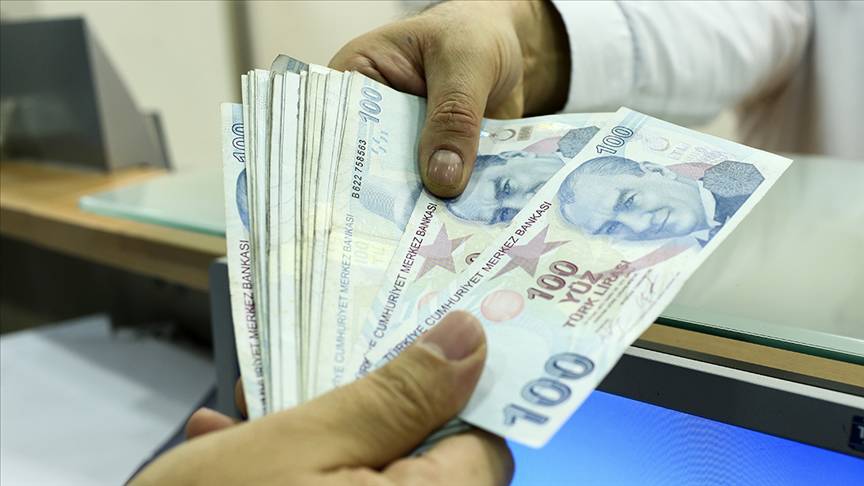With the new year approaching, Turkey is gearing up for discussions on minimum wage adjustments, though workers may face a rise lower than the inflation rate.
The annual inflation rate was at 49.38% in September, and the Central Bank forecasts a year-end rate of 44.11%, whereas reports indicate a possible increase of about 25% to 30%.
The minimum wage increase affects millions of workers in Turkey, where nearly half earn minimum wage, setting a reference point for raises across the private sector.
IMF against significant rise
Deutsche Bank released a report in early October stating that most experts in Turkey anticipate a 25-30% wage hike in 2025. The bank cautioned that an increase above 30% could place strain on businesses amid a slowing economy and could further disrupt inflation expectations.
The International Monetary Fund (IMF) has also advised against a significant increase. IMF Turkey Chief James Walsh emphasized that a repeat of last January’s 49% wage hike might fuel inflation expectations, suggesting instead targeted cash transfers to low-income households. Authorities need to strike a balance, he warned, adding that such high increases should ideally be avoided.
Another statement from the IMF came from Alfred Kammer, director of the fund’s European Department, who said on Oct 24 that one of the inflation-related problems in Turkey is minimum wage increases based on past inflation developments. The minimum wage should be raised once a year with a future-oriented approach, he added.
The government raised the minimum wage substantially over the past two years, 49% this year and 34% in 2023, respectively.
Central Bank’s position
At a recent investor meeting in the US, Central Bank Governor Fatih Karahan reportedly suggested that a 25% wage increase would be “reasonable” in line with inflation targets. This aligns with previous statements indicating a more restrained wage adjustment.
When asked about minimum wage increases yesterday, Finance Minister Mehmet Şimşek deferred to the Minimum Wage Determination Commission, saying, “It’s a decision made through negotiations between unions, employers, and the government. It’s not appropriate for me to comment at this stage.”
He added that he expects all parties to “protect competitiveness” during talks, while also reaffirming the government’s commitment to reducing inflation to single digits.
Journalist Çiğdem Toker, referencing an IMF report, argued that Şimşek appears determined to control wage increases, prioritizing international financial approval over wage growth. She noted that IMF concerns about political pressures could lead to demands for a looser monetary policy and larger wage increases.
Draft budget indicates a low hike
Former Central Bank analyst Selva Baziki, now an economist with Bloomberg, calculated that the 2025 draft budget submitted to parliament suggests a likely 17% minimum wage hike, closely aligned with end-of-year inflation targets for 2025.
However, she added, “We believe that a 30 percent increase is a more likely outcome, signaling a gradual easing in both inflation and borrowing costs.”
Turkey’s current minimum wage is 17,002 liras. A 17% hike would raise the wage to 19,892 liras and a 30% hike would set it at 22,102 liras. This means minimum wage workers could see increases ranging between 2,890 lirasand 5,100 liras.
However, if the new wage increase does not keep pace with Turkey’s high inflation rate, currently projected to reach 41.5% by year-end, the increase could fall below the inflation rate. TÜRK-İŞ, a labor union, has highlighted that the minimum wage is 2,828 liars below the hunger threshold of 19,830 liras.
The government is expected to meet with labor and employer representatives in December, and the Minimum Wage Determination Commission is slated to hold at least four rounds of talks before finalizing the new rate. (VK)






